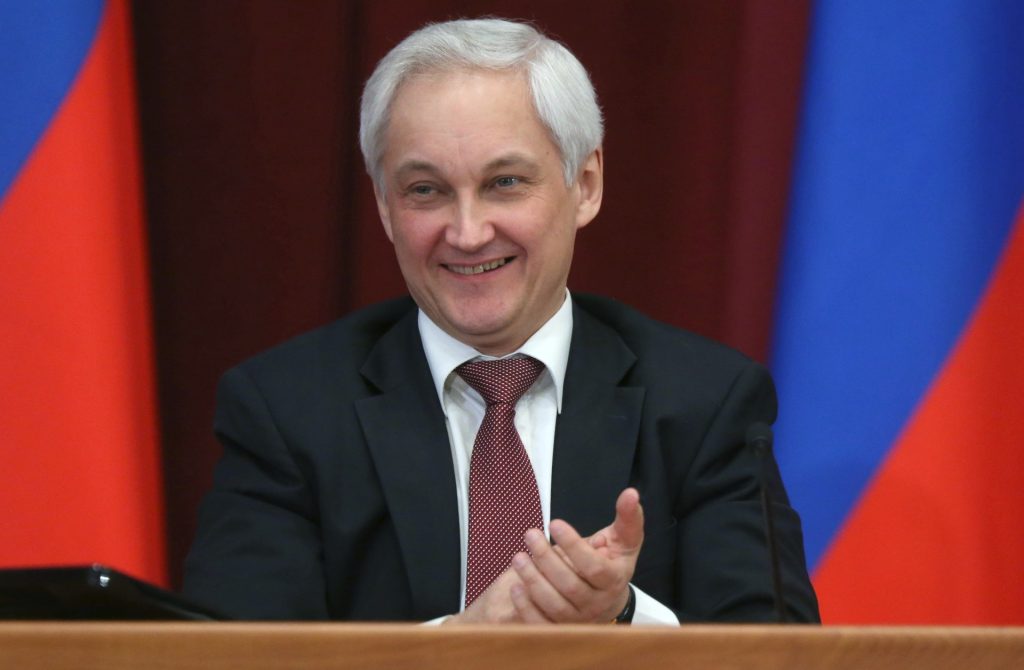Andrei Belousov, a key advisor to Russian President Vladimir Putin, discussed the impacts of Western sanctions on Russia in a recent interview.
Others are reading now
In a revealing interview with Die Presse, Andrei Belousov, a key advisor to Russian President Vladimir Putin, discussed the impact of sanctions on Russia, its economic outlook, and dynamics within the EU.
Impact and Response to Sanctions
Belousov noted that the most palpable impact on Russia has come from what he termed “soft sanctions,” such as recommendations that deter companies and banks from financing projects in Russia.
These sanctions, he explained, have caused “nervousness not so much among Russian companies as among foreign companies working in Russia.”
Despite this, he revealed, “We are not preparing any counter-reactions today.”
Also read
Belousov also commented on the internal effects of the sanctions, stating, “Our establishment has rallied behind the president like never before.”
However, he admitted that there is a noticeable resignation among some factions, adding, “Yes, unfortunately, this effect does exist.”
Regarding Russia’s economic strategy, Belousov acknowledged that sanctions have pushed the government to “search politically and economically more intensively for new markets, especially in Southeast Asia and China.”
He clarified that this does not mean a complete shift away from the West.
Economic Growth
Addressing concerns about Russia’s declining investment since 2012, Belousov attributed this trend to cyclical factors and high loan interest rates.
He detailed plans to improve access to credit and develop a supportive investment fund but acknowledged the perennial issue of delayed reforms, saying, “It is our Russian trait that, as in this case, we discuss something for a year and a half.”
Dialogue with the EU
Belousov expressed optimism about renewing a basic agreement with the EU, noting that relations with individual EU countries have progressed more smoothly than those with Brussels.
He pointed out the inflexibility of the EU Commission’s trade policy department as a stumbling block in previous negotiations.
The departure of Trade Commissioner De Gucht, whom Belousov views as unwilling to compromise, might open new doors for dialogue.
He emphasized the importance of establishing clear rules and expectations within this new agreement, suggesting that many current tensions could have been avoided if such measures were in place.
The ultimate goal, according to Belousov, is to move towards creating a free trade area between Russia and the EU.
Expectations from Ukraine’s New Leadership
On the topic of Ukraine, where tensions have been particularly high, Belousov recalled his previous collaborations with Pyotr Poroshenko when he served as Ukraine’s economics minister.
While cautious about Poroshenko’s recent campaign rhetoric, Belousov remains hopeful that he will prove to be a pragmatic leader who can make balanced decisions beneficial to both nations.
Final Thoughts on Further Sanctions
Belousov concluded by expressing hope that Europe would avoid the “stupidity” of imposing further sanctions, which he believes would be detrimental not just to Russia but to broader regional stability.
He hinted at the possibility of involving the World Trade Organization if necessary, although he clarified that it is not a preferred or immediate course of action.


